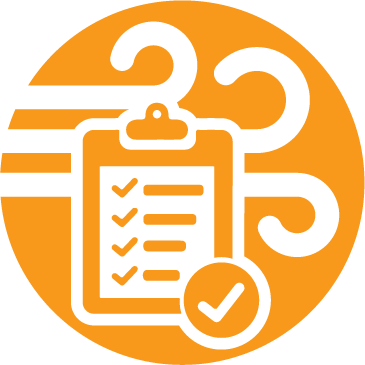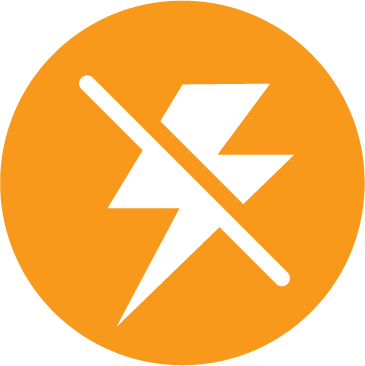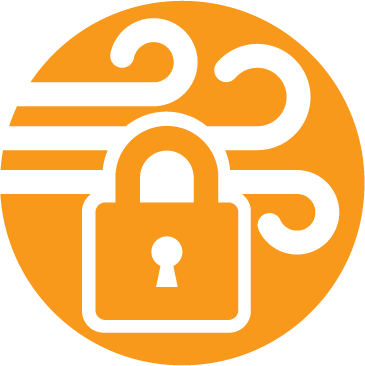Wind Safety - pnmprod

Safety is a core value at PNM, that's why we would like to share the following tips to help our customers prepare for windy weather and the potential for power outages.

Be prepared for power outages
High winds can cause downed trees and power lines which may lead to power outages. If high winds are in the forecast, make sure your smartphone is fully charged before the strongest winds arrive in case you lose power. Access multiple methods of receiving National Weather Service (NWS) alerts, including by smartphone, NOAA Weather Radio, or local media. Turn on "government alerts" on your smartphone, so you can receive notifications from the NWS, even at night.

Report an outage
Wind can blow branches, tarps, trampolines, and patio furniture into power lines, causing power outages that can affect large areas. PNM may not be aware of an outage in your area unless it is reported. PNM provides multiple ways to conveniently report an outage including online at PNM.com, text #OUT to 78766, or call 888-DIAL-PNM.

Secure outdoor equipment
Secure any temporary structures in your backyard or business, including backyard furniture, tents, trampolines, as well as patio equipment and covers used in commercial settings. Trash cans and items from balconies can also create hazards under high winds that could be blown into nearby power lines.

Stay away from downed power lines
If you see a downed power line, do not touch it or anything in contact with it. Call PNM immediately at 888-DIAL-PNM. Never try to remove a broken tree limb or branch that has come into contact with a power line. Power outages in the area may impact traffic signals, so motorists should use extreme caution and treat all intersections as four-way stops during an outage. If you are in a vehicle with a fallen power line on it, remain calm and stay inside until help arrives. It is okay to use your smartphone to call 911.

Equipment use during an outage
If you experience an outage at night, use flashlights instead of candles to avoid fire hazards in your home or business. If you use a generator, consult the manufacturer's manual for proper use and operation. Connecting generators directly to household circuits creates a "backfeed,"" which is dangerous to repair crews. Be sure not to use any equipment inside that is designed for outdoor heating or cooking, such as barbecue grills, camp stoves, portable generators, or gas-powered lawn equipment, as such equipment can emit harmful carbon monoxide levels and other toxic gases.



